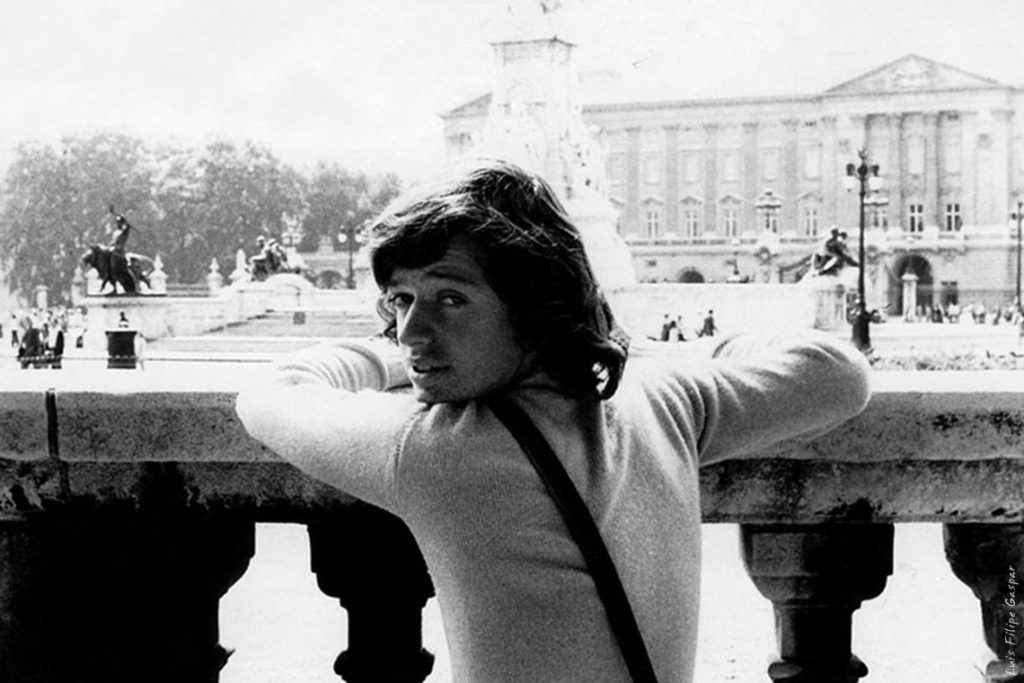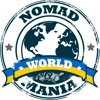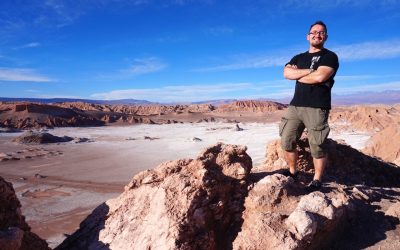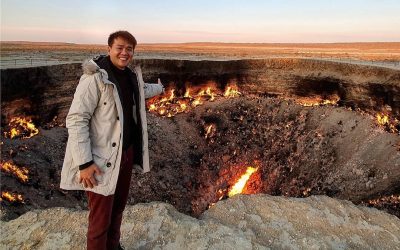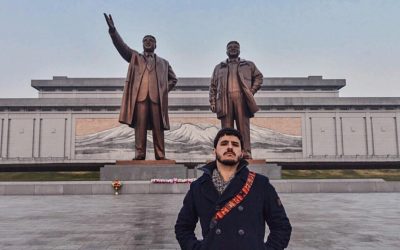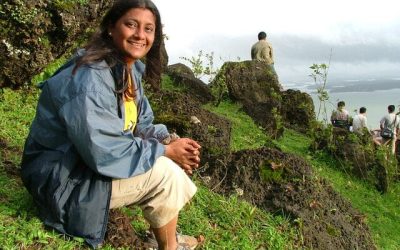Luís Filipe is the second biggest traveller from Portugal according to our Master ranking. We talked to him about his passions such as photography and architecture, but the most about his ultimate love – travel which revolves around UNESCO World Heritage Sites a lot of times. We also asked Luís about the conflict that he had with NomadMania’s rules at some point and the whole outrage of a good part of the travel community that followed and resulted in splitting the community for a moment in time. Finally, we are glad to see Luís back with us and we thank him for accepting this whole conversation. Please read along and enjoy getting to know another great traveller.
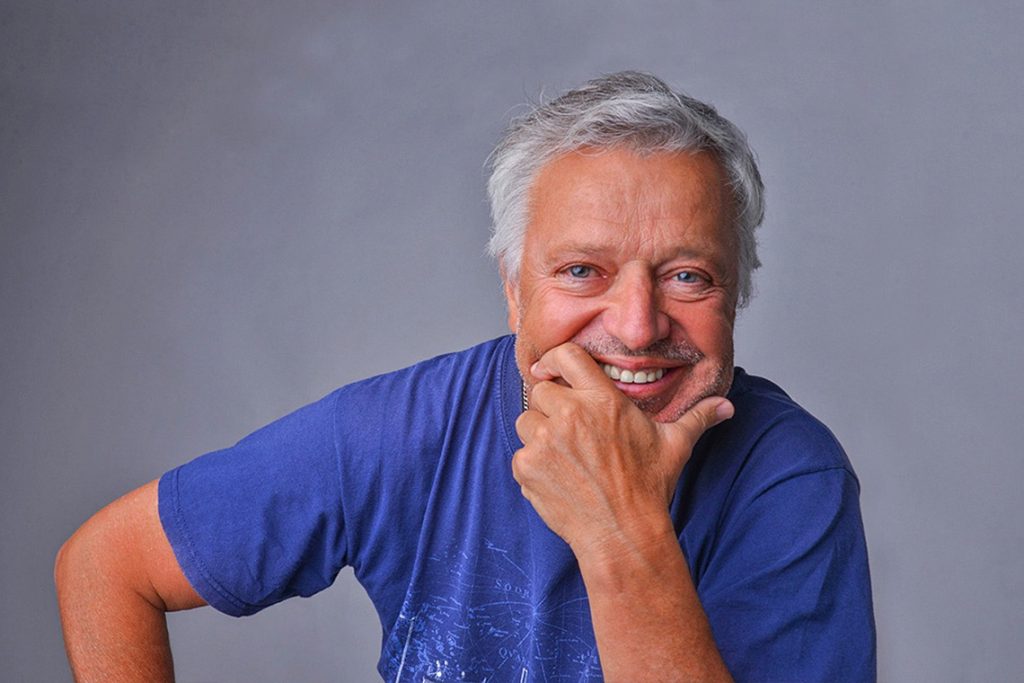
Hello Luís. Please introduce yourself to the NomadMania community, let us know you a little bit before we move on to your travels. Who is Luís, apart from travelling?
I am Luís Filipe Gaspar, born in Lisbon in 1958 and I am an architect. Besides Portugal, I have lived and worked in 5 other countries, Egypt, Tunisia, Italy, Mozambique and Brazil and I consider myself a citizen of the world.
Talking about myself without talking about travel is difficult since my life is intertwined with this dream that I outlined very early and that I have been obsessively pursuing – that of knowing the world.
This urge to travel came early on with the first trips I took, accompanied by my parents and which were essentially road trips to Spain. At the age of 16, I decided to do my first interrail through Europe with a friend and it was then that I really felt that travelling was exactly what I wanted to do, always.
And so it was, I enjoyed every second of that trip and when I returned home, I opened a world map on my bedroom floor and started marking all the places I wanted to go to. I did the math. I added up all the vacations I would have throughout my life and I realized that, at the age of 16, I was already late in getting to know the world. It was then that I started “chasing losses”, travelling desperately, escaping whenever possible. I even sold ice cream at the fair and sold books door-to-door to have money to go on my travels.
Besides the determination with which I chase after this dream, I am also passionate about Architecture (a passion I discovered at an early age as well) and in a way, travel also feeds this passion, which has certainly contributed to my great compass, which is to visit all the UNESCO World Heritage Sites.
Photography is another of my great passions. If there is something that can never be missing in my luggage, it is my camera that will allow me to capture a moment, a sensation, and make it last forever.
And that is basically who I am, an incorrigible traveller who tries to absorb the world and likes to share it, through the lens of his camera, with everyone.
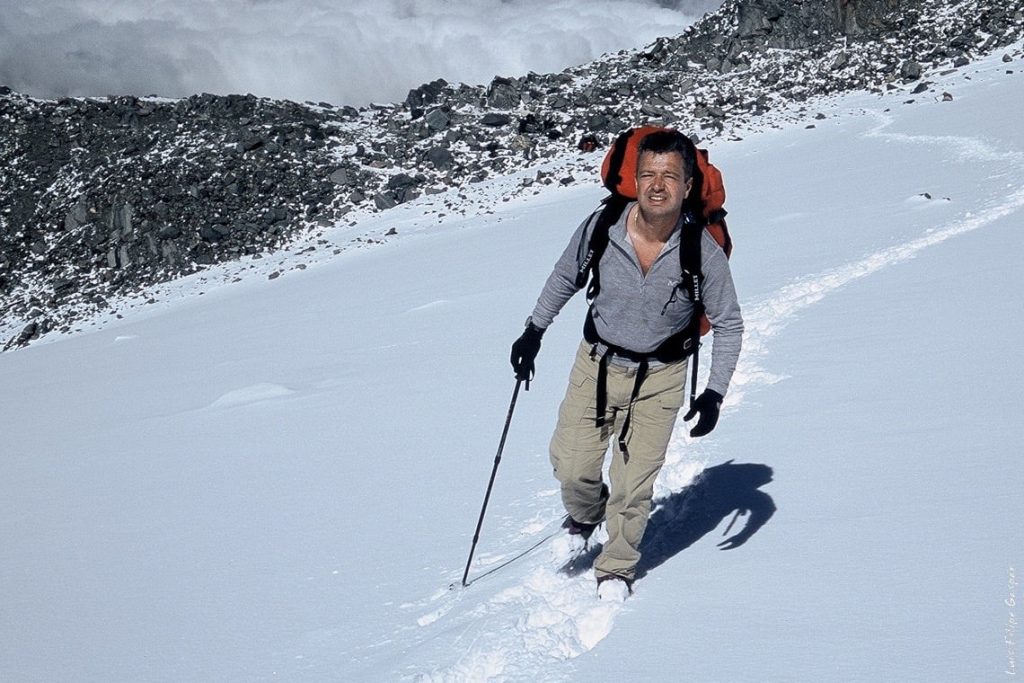
How and when did you start travelling systematically? What was your main inspiration?
At the age of 16, after my first interrail, I decided then that I wanted to see the world and that I was overdue on that mission. From then on, I never stopped. I did 5 or 6 more inter-rails with friends, determined to get to know Europe from end to end. When I felt that I had “Europe in my hand”, at the age of 29, I left the old continent and spent 5 weeks in India and Nepal. It was a very enriching trip, and it gave me a lot. Then I went to China, also for 5 weeks, but this was a country that gave me a little less than I had anticipated.
Step by step, I coloured each of the points I had marked on my world map, and the desire to know more and more grew stronger. When I had already visited 74 countries, I had an encounter that led me to be more systematic in this life project. A chance meeting in Suriname with José Megre, a Portuguese traveller, undoubtedly an inspiration, who showed me that I still had a long way to go and that one of the ways to organize myself would be to join a travellers’ club that would help me define and achieve my travel plans. So I joined ‘Most Traveled People’ and became, shall we say, a more professional traveller.
Right now, I am practically retired, I manage to travel about 4 months out of the year, which is great. In fact, I live to travel but it is important to mention that from the first moment until today I don’t travel to escape life, I travel so that life doesn’t escape me.
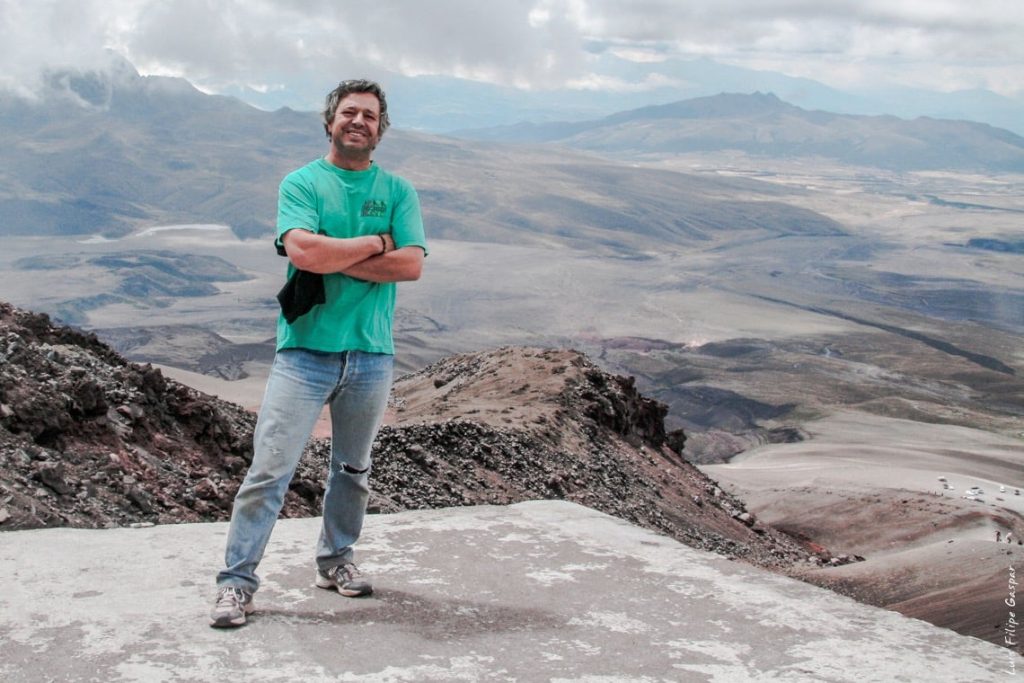
You reached the final country of UN 193 in 2019. What are your next travel aspirations? Do you have any new ambitious goals or how are you travelling these days?
That’s right, I finished the countries in 2019, with my trip to Nigeria. I felt like I had finished the first rung of my dream, so to speak. It was as if I had finally read all the pages of the book and that from then on it was time to really get to know them, now with another peace of mind.
I already have a series of trips planned, namely one to the North Pole, leaving Russia by boat, one to the Pacific (to the Cook Islands, Tokelau, Norfolk) and another, soon to come, that will start in Ushuaia, Argentina, passing through Falkland, South Georgia, Tristan da Cunha, Ascension and ending in Cape Verde.
My goals now are to get to know all the UN+ territories and, ideally, all the regions of the world. Of course, this sounds strange but I want to get to know everything there is to know and, of course, continue to pursue UNESCO World Heritage Sites. This list never ends, it is always being updated, so I will always have trips to make and new goals to achieve.
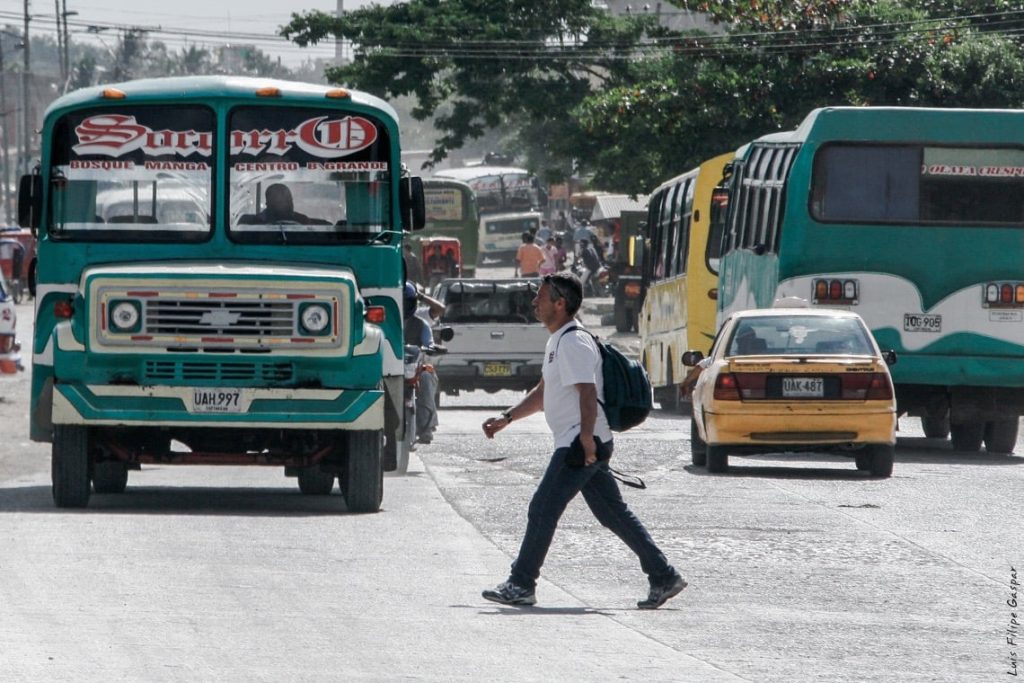
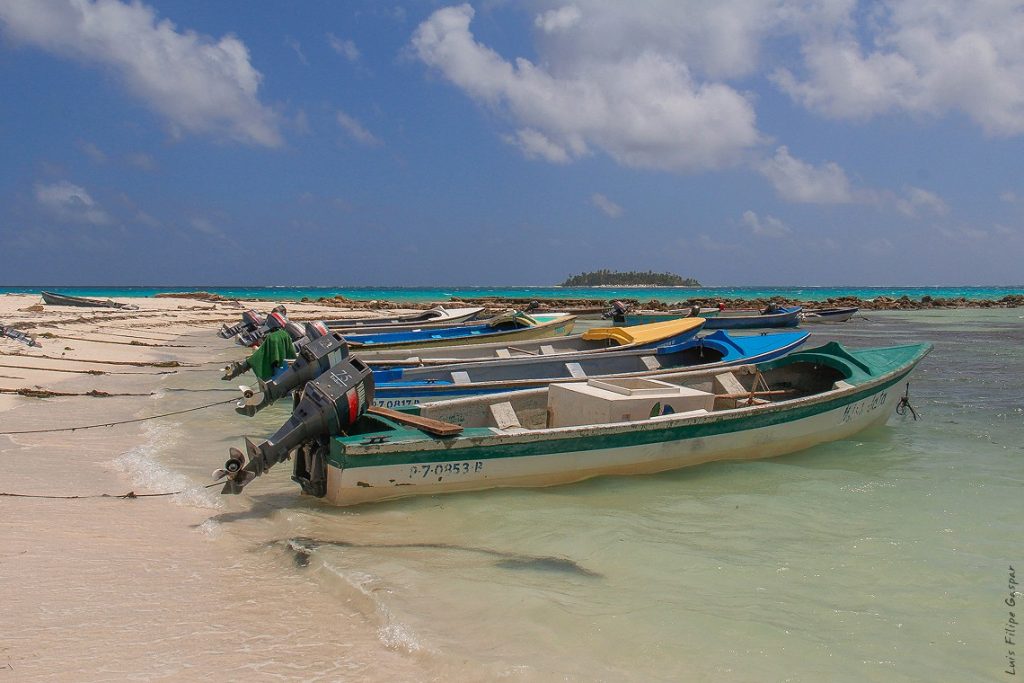
Let us move on to some recent events. You travelled to Russia this summer. Let’s open this topic by saying something about your trip. Was this intentionally done, with some carefully thought out plan behind it or was this just a part of some of your other trips?
This trip of mine to Russia was already more or less planned, but with everything that was going on, I didn’t want to miss the opportunity to go there to see how the country was at this time. I travelled through Kazakhstan and this was beneficial because it allowed me to get to know some Russian regions on the border with this country that I didn’t know yet. I also took the opportunity to visit 3 or 4 more regions north of Moscow. And I was also able to take the pulse of the country at a time of conflict.
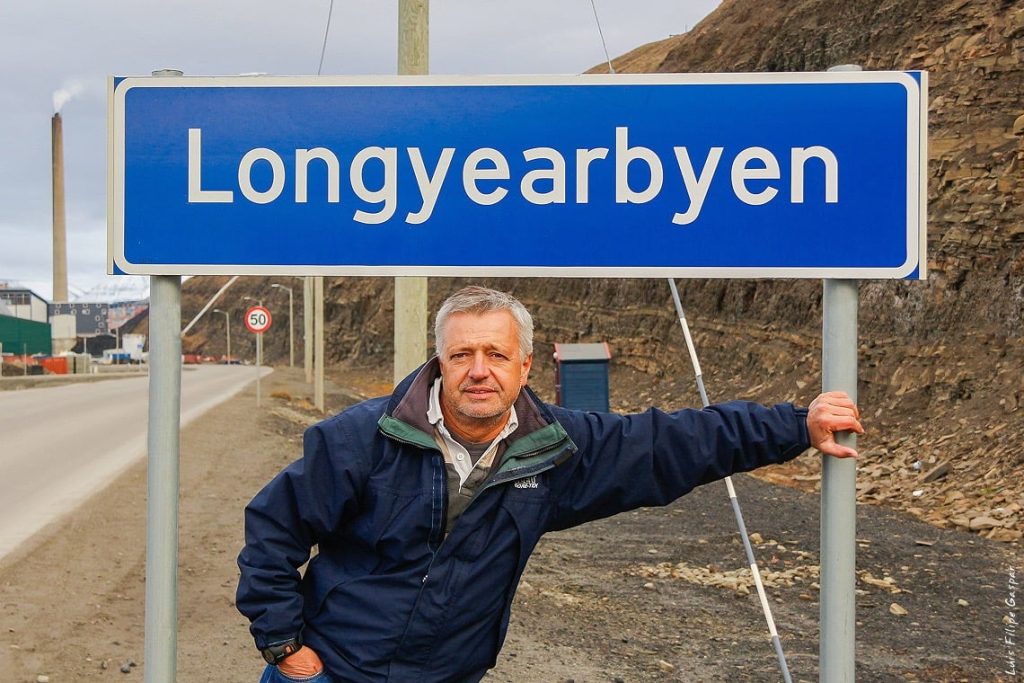
What did you discover while there? What was different from the general picture that the media was painting during that time to the rest of the world?
I found a quiet Russia, a well-organized Moscow city and a feeling of safety in the streets. I had a clear feeling that the international sanctions imposed on the country were not affecting the population, as everything functions normally. The only two things that I obviously noticed a big difference was the fact that foreign credit cards did not work and the internet did not work either. This reality even brought to mind the integrals I did in the 1970s when I always had to travel with cash in hand and sleep in the places I found, without the possibility of making reservations.
I also noticed a lot of counter-information, but I think it’s important to mention that the war with Ukraine also opens the Russian news, and much of what we see here on TV is also shown there. I believe that it is contextualized in a different way and seen from the Russian perspective, of course.
From what I’ve been talking about and what I have been hearing on the streets and in transportation, I can say that it is not the main topic of conversation and the feeling I have is that many Russians, either for or against the position of their country, see the war in Ukraine almost as a civil war, in regions that, for them, had no great political definition.
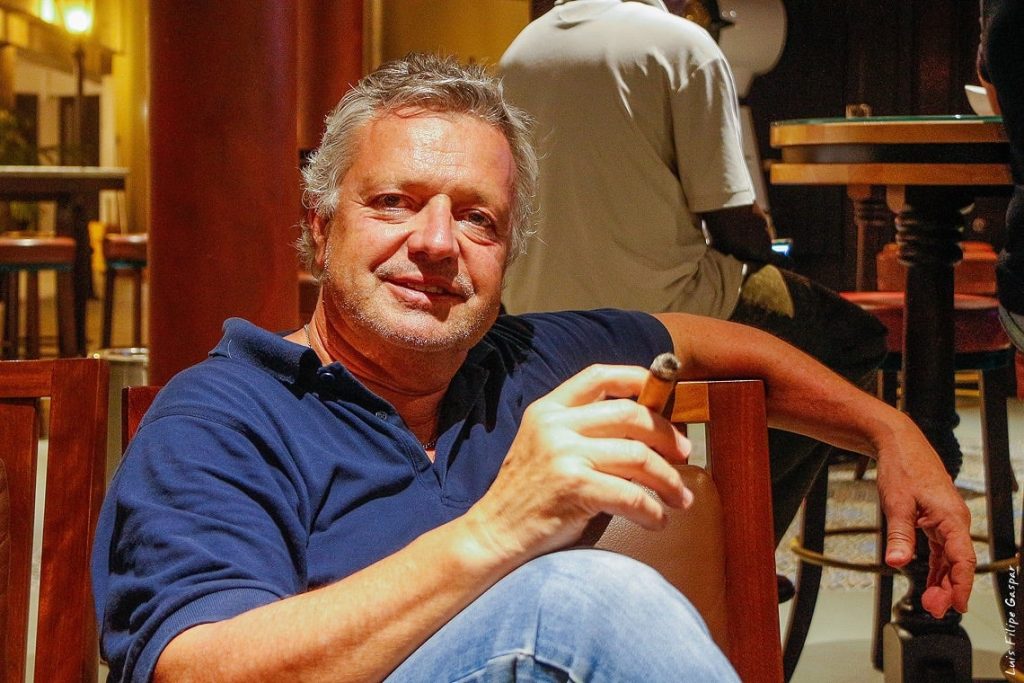
This trip was against NomadMania’s guidelines at the time and we ended up blocking your account for some short time. What followed was a very charged and emotional discussion within the travel community and travellers splitting in two sides. You received enormous support, but so did the opposing side. It all culminated and ended with NomadMania creating what we called a referendum, as everyone that logged in had to cast a vote. We will address the referendum later, but can you please explain to us – how did all this influence you and why did you feel so strongly against NomadMania, or anyone for that matter, placing judgment on your travelling choices?
As a traveller, I couldn’t be outraged by my block on NomadMania. Travelling to Russia does not place me as an advocate of this or that political stance. It simply makes me a traveller who wanted to go to Russia at that moment. As a traveller I have no limits, let alone political limits. If that were the case, I could not go to Russia and Belarus, but neither could I go to North Korea, Saudi Arabia, Israel, China and the African continent then, where there are so many violent dictatorial regimes. The traveller has to be free, he has to be immune to these political issues, otherwise, he will have giant constraints.
As such, NomadMania’s attitude, which I saw as authoritarian and even dictatorial, outraged me because I believe that a travelers’ club should be neutral, in political or other matters.
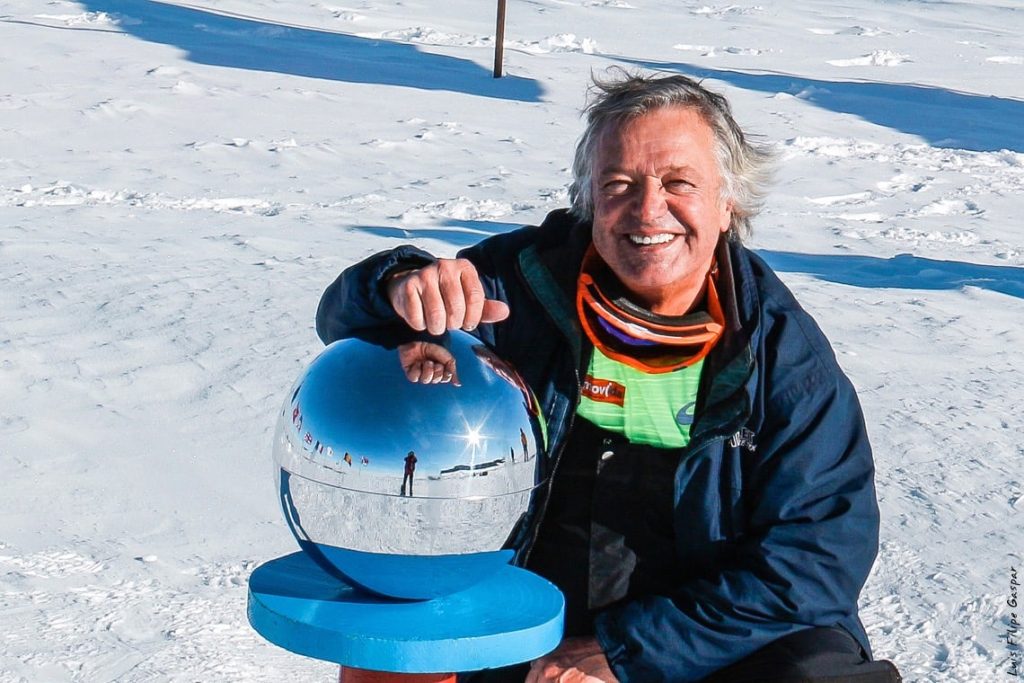
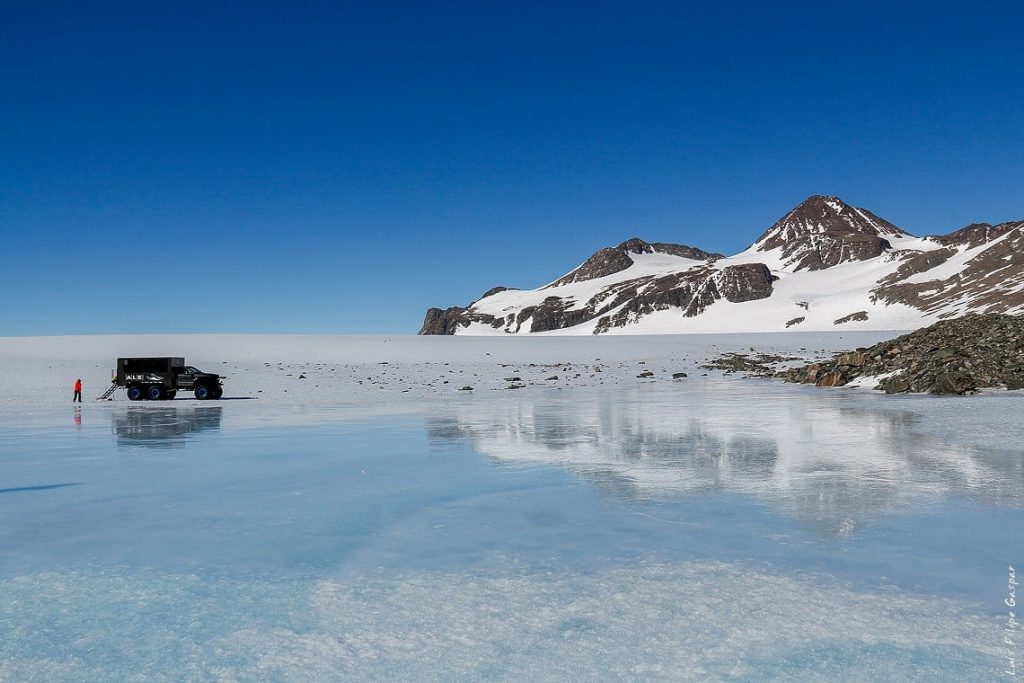
How do you react when you are not able to travel – either in general or to a specific place? Let’s look back to the pandemic lockdowns, but also some specific examples such as this one. What feelings does this stir up in you?
Not being able to travel to one place or another attack my freedom to go, to be a citizen of the world. In this particular case, it affected me most of this paradox: a travellers’ club preventing members from having the freedom to be. To me, that doesn’t make any sense.
As far as the pandemic blocks are concerned, I have fortunately always managed to travel. Of course, in the first phase, when almost all countries were closed, I felt more trapped and even considered travelling to an island where I could dedicate myself to my website (luisfilipegaspar.com) and travel in another way, so to speak.
Fortunately, soon after, I realized that, although with many constraints, it was possible to travel and so I went. It was a very strange time for a traveller. I found myself standing still seeing the Frankfurt airport empty, for example, many world heritage sites closed (museums, churches…) or empty. But I managed to move around and go feed my thirst for travel.
The lesser freedom in Covid times did not affect me the way the NomadMania blockade did, in the sense that the latter was a decision based on a political issue that, in my opinion, cannot be brought into the world of travel. Otherwise, we would have a plethora of banned trips.
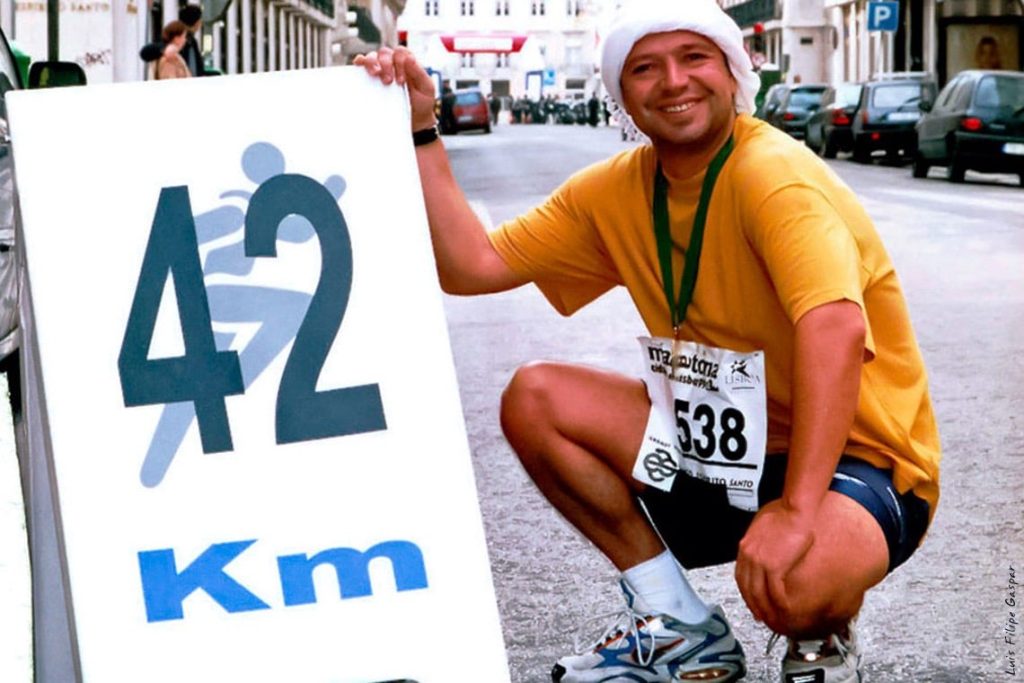
Why is travel freedom so important, in your opinion?
Travelling and freedom are almost synonymous, so to speak. When I travel I feel an immense freedom. I am a citizen of the world and, as such, I should be free to go where I want.
In the same way that when I visit a place I do so without any preconceived ideas, I don’t judge its characteristics or compare it to other places because that wouldn’t be fair, I also don’t understand that I have to take this or that political position and travel or not travel to this or that region for such reasons.
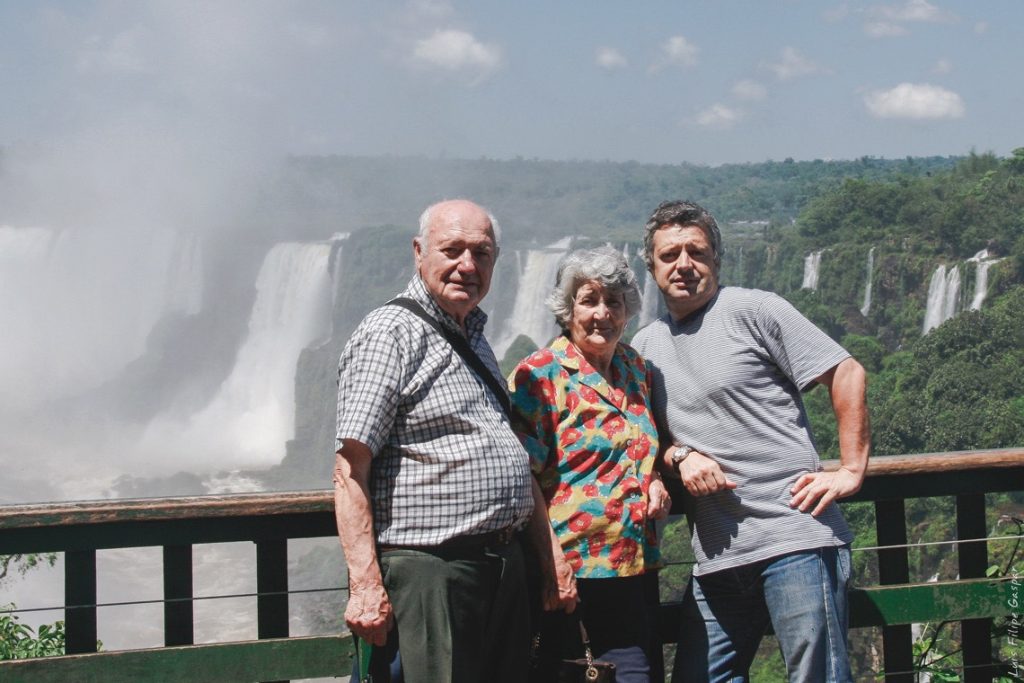
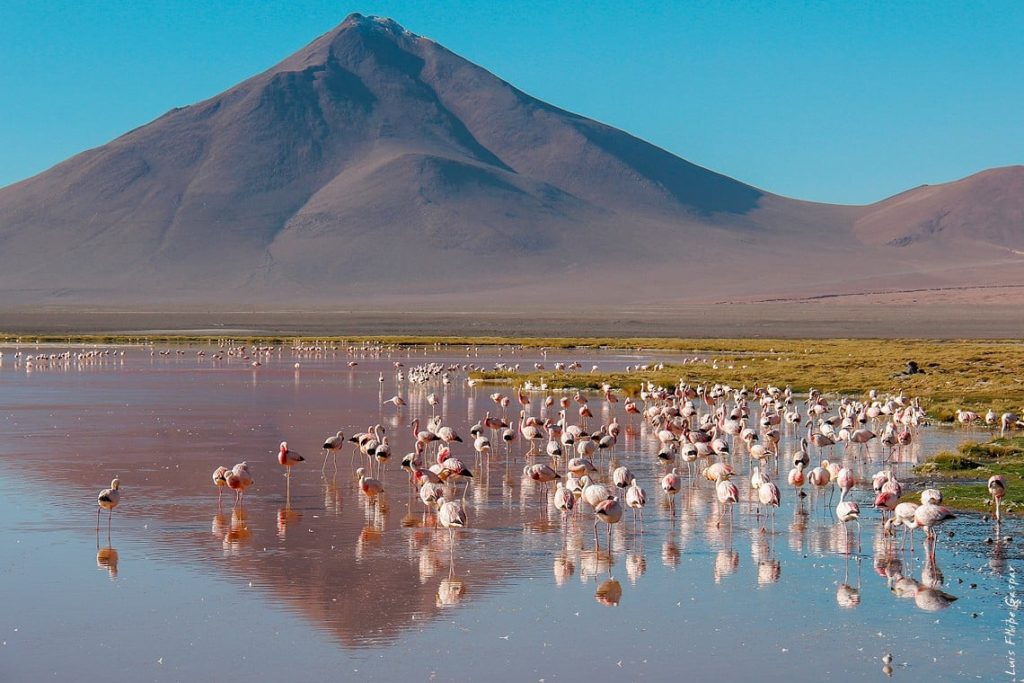
What did you think of NomadMania’s referendum and its results? What about the after-math?
First of all, I didn’t expect the outrage to start coming from travellers all over the world. I received several phone calls from around the globe showing solidarity for the situation I was in and that was surprising at the same time it made me realize that many think as I do, there should be neutrality on these issues and that doesn’t mean being in favour of this war. I am totally against the war, which is decimating Ukraine and destroying its people. Going to Russia or Belarus at this time does not mark any political position of the traveller, not least because he should not adopt it, in this or any other conflict.
As for the result, I was happy to be reinstated and it is precisely in the travellers’ hands to decide.
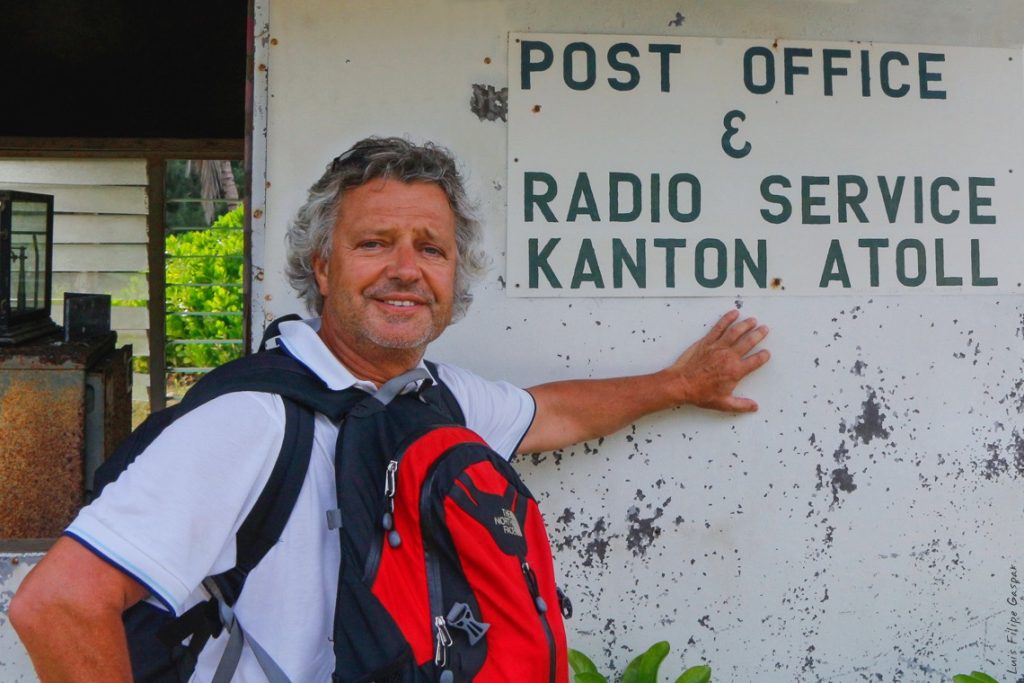
You must be aware that all this doesn’t come easily to our Ukrainian members and travellers in general. What are some ways that we can support them better, in your opinion?
As I have already mentioned, I am totally against the war, this war or any other. I am very sorry that a country and its people are being destroyed.
As a traveller, this is what I can say: I don’t agree with war and my travels don’t position me as a supporter of one side or the other of the conflict.
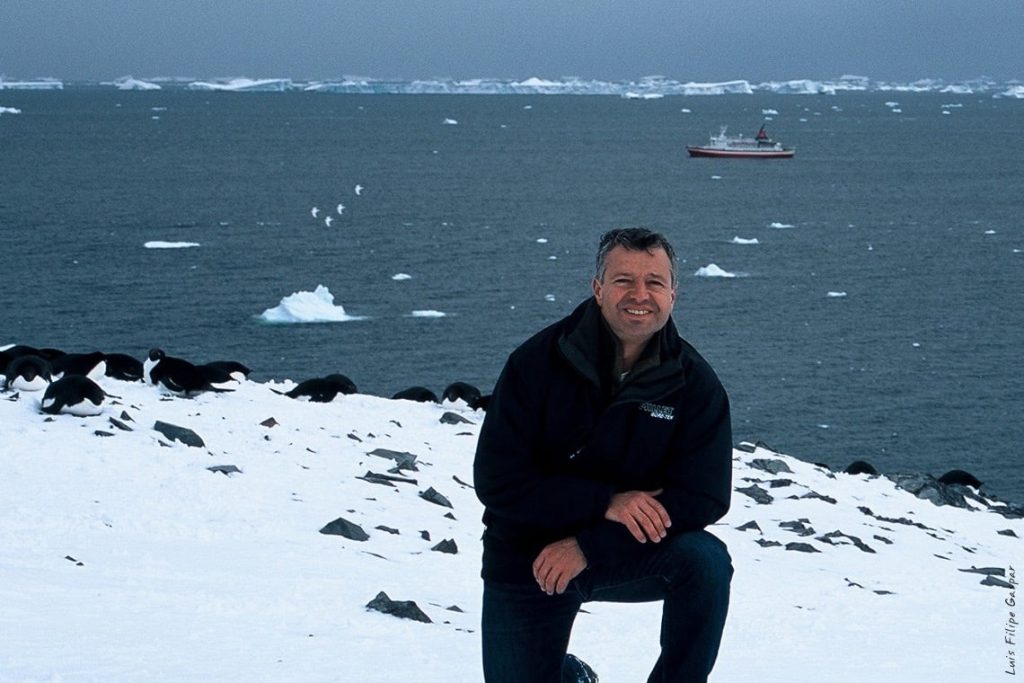
Finally – what did you learn from all this? From your travel to Russia and from the whole experience with the travel community splitting and then again merging into one?
I think this further attested to my conviction that the freedom of the traveller is fundamental, that it cannot be hurt by political motivations, and that, fortunately, many think as I do.
I was very angry to see the community divided, but to see it coming together again gave me the certainty that the war could not do more damage to this large group of people who are just running after the dream of knowing the world, in all its perspectives.
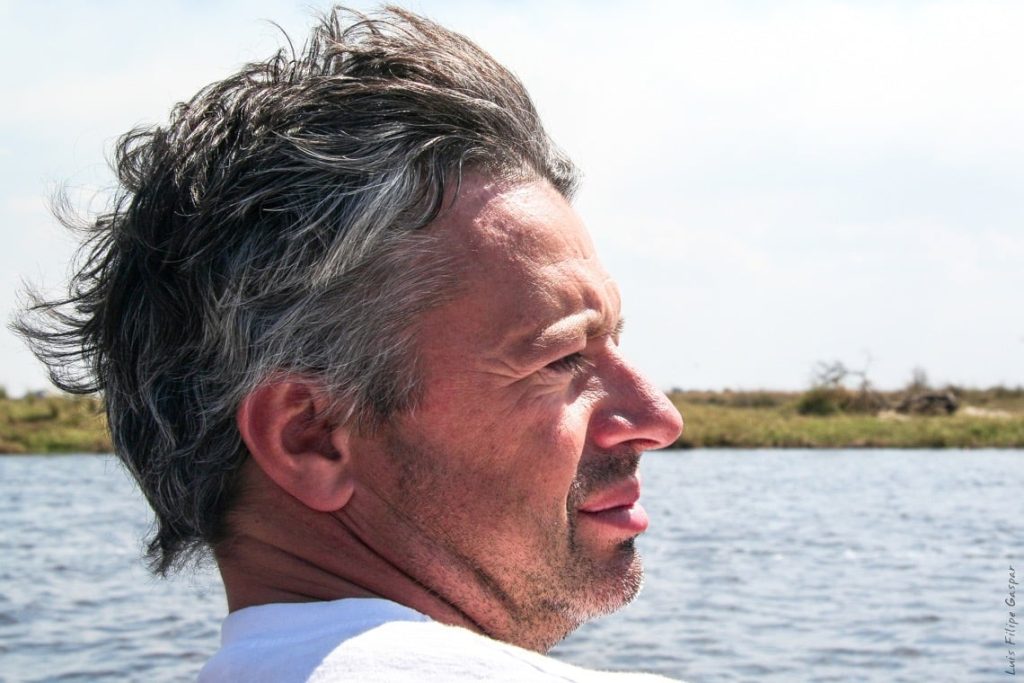
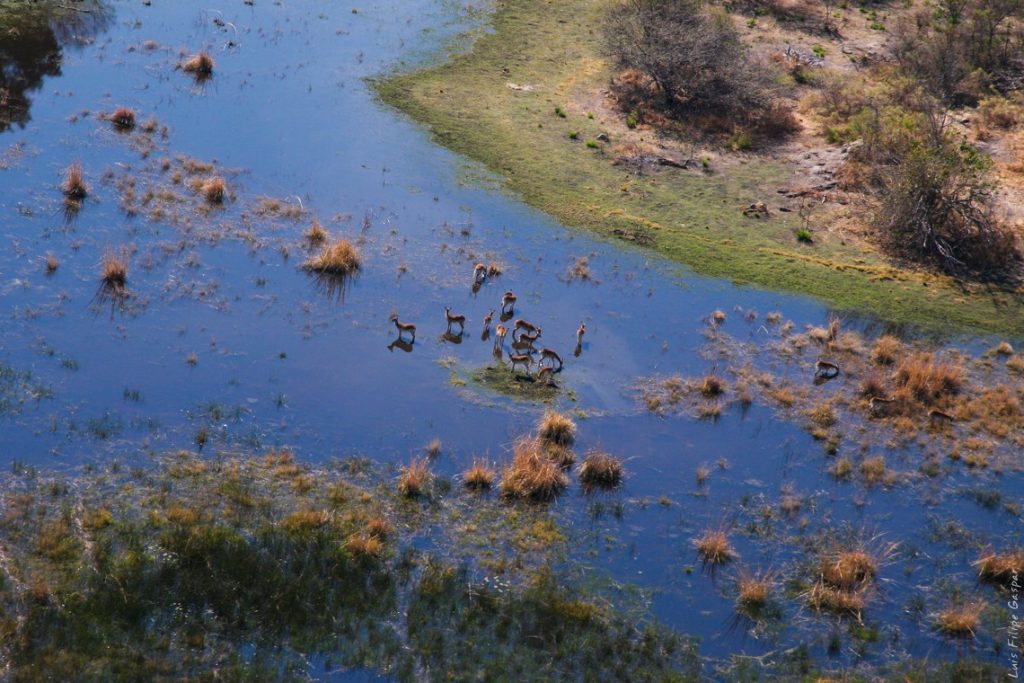
Now, let’s leave this whole experience behind us and let us continue talking about you and your travels. Can you share some dearest travel stories with us?
I have countless stories, and I often say that my travels are a bit of a misadventure. But I can tell you two curious ones.
One happened in Guinea Conakry. I was arrested while photographing fishing boats and found myself in a tiny cell with water up to my waist. Fortunately, as I have always managed, I kept calm and explained to the police that I did not mind being arrested but that there was no reason for it. I was simply photographing the boats. I then asked to go to the French embassy and there, calmly and with the help of the consul, I was able to get my passport and camera back and continue my trip.
Another interesting story happened in Mali. I was trying to get to Djenné and after getting on a bus with a handwritten ticket on a paper towel from a café terrace, the driver told me to get off saying that that was my stop. This was late at night. I could see a sign that said “Djenné 70 Kms” and the lights of the bus moving away from me until they disappeared on the horizon. There I was, alone, under a sky full of stars, in the middle of the desert. Quietly thought that I should stay away from the rocks where there might be snakes, but that I was going to spend a different night deciphering all the constellations.
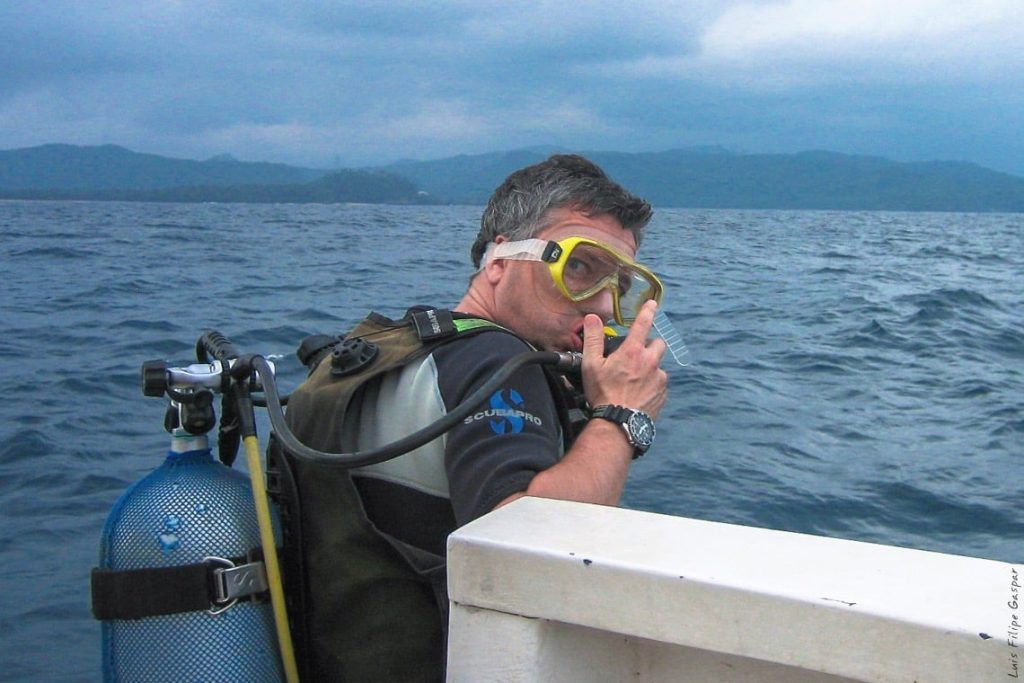
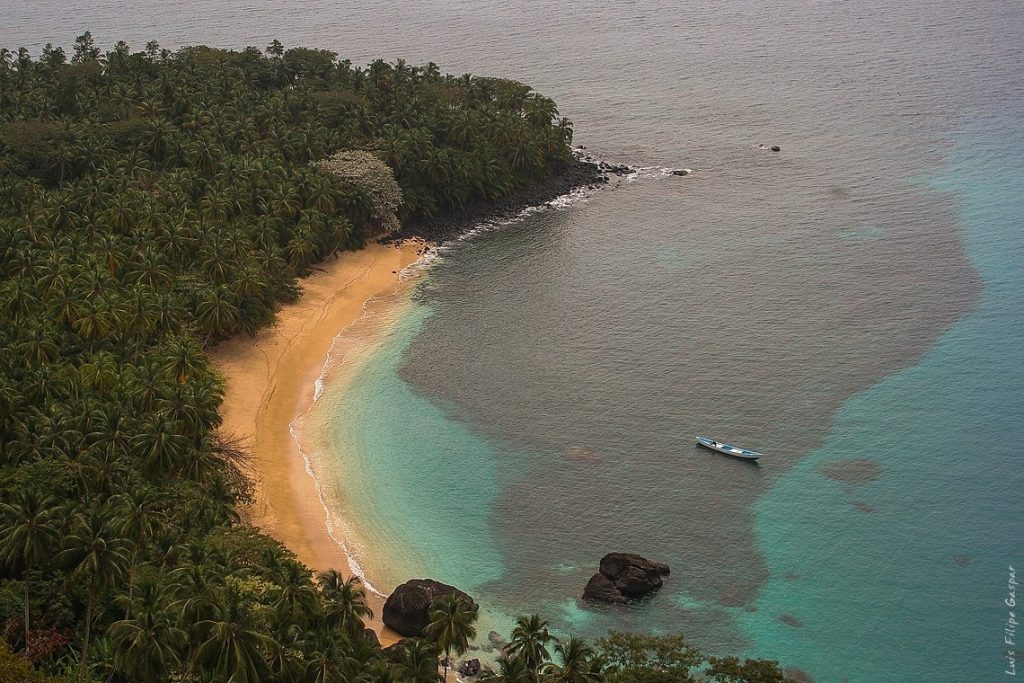
What is your most preferred travel style? Where do you go first and what is something that you never miss to see in a place you visit?
My compass has always been the UNESCO World Heritage Site. From very early on I realized that this would be my primary goal. I organize my trips with UNESCO World Heritage sites in mind, so as to get to know as many as possible and those that interest me the most. However, it is true that I like to leave one or another undiscovered. That way I always have a good excuse to come back.
In each region I visit, I also try to absorb the daily life of the people, get to know their culture and have one or another gastronomic experience. Not that I’m looking for this or that restaurant with Michelin stars, but for places where I can get to know the local cuisine well. It is also important to mention that in more complicated places, where food is not easy to find, I take care of myself, especially if I am travelling alone. I have had a beer and peanuts for days at a time to avoid some intestinal disease that would throw me into a bed in the middle of nowhere.
I can also mention that, as an adventure lover, I also like, in places where this is possible, to practice some more radical activity, such as diving, skydiving, ballooning, or, for example, sleeping in the middle of the desert. These are experiences that enrich my trip and that I will not fail to do if there is a possibility.
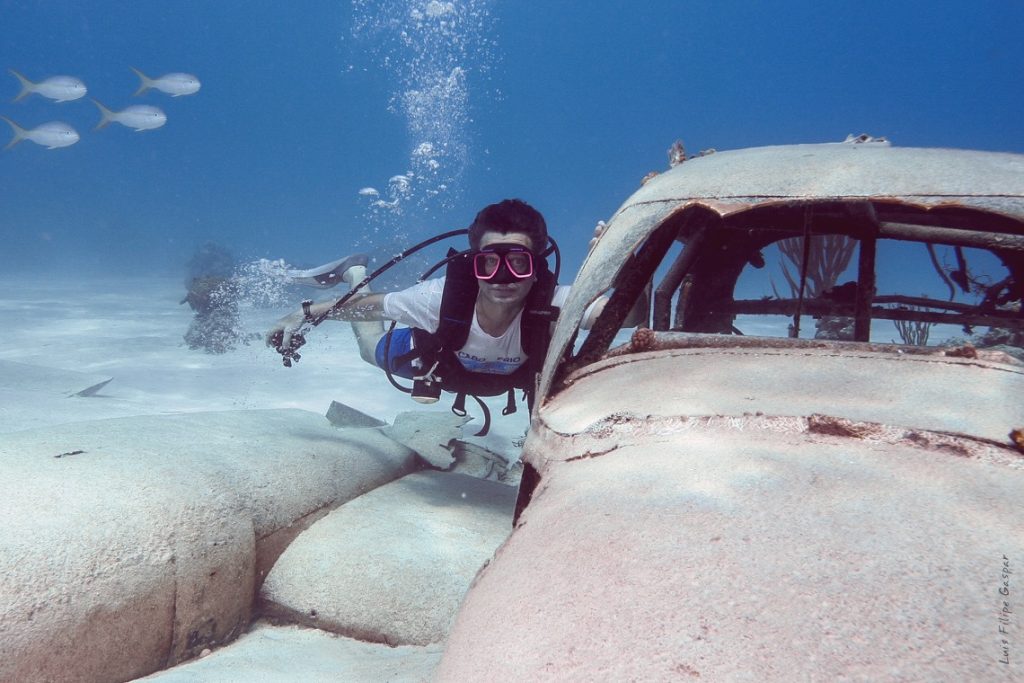
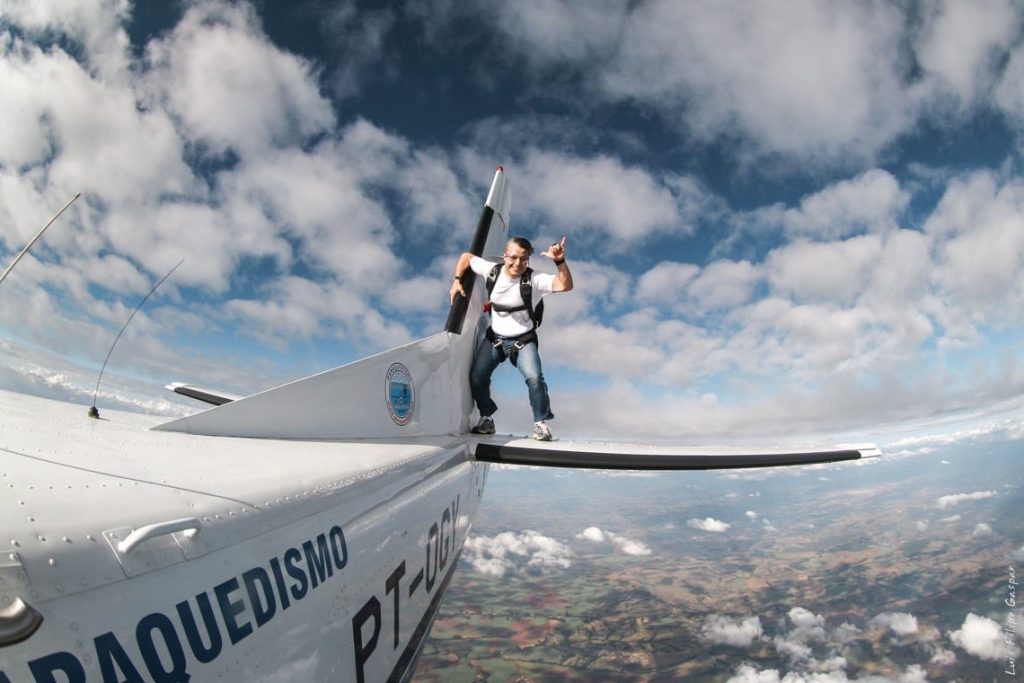
What has changed in travel in the past 20 years? What do you think of younger fellow travellers, the ones that merge with the technology and live off of that?
I think that today we have more facilities to travel, or to put it another way, we have more tools at our disposal and this allows us to complement our trip. It also allows us to share our trip with a lot of people and that’s also very interesting. As a photography lover myself, having several platforms where I can show the world through my lens is fascinating. Technology, when used for good purposes, is a great complement and I believe it doesn’t interfere, negatively, with the essence of the trip.
Having new travel companions and younger travel companions, with other experiences, is always positive. Each person always brings us something new, a perspective, a different way of looking at things. Above all, it’s great to find people who see the journey as much as I do, and who share my passion for discovering the world.
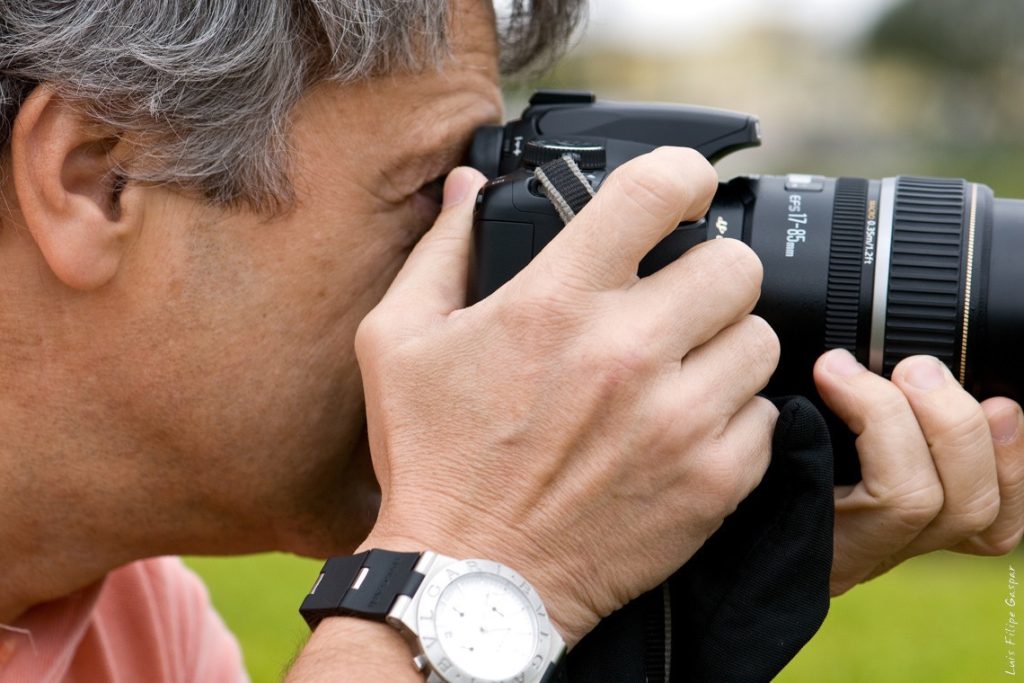
Do you have some words of advice for someone who is currently just thinking about travelling and thinks that they cannot make it? Where to start and how to go on?
First of all, I think that if it’s a dream, it’s always possible to make it come true, as long as you plan and keep in mind that sometimes, in order to achieve a goal, you have to give up some things. I gave up, for example, having children or buying new cars, in order to run after this dream of getting to know the world.
When people ask me where to start, I believe that it is always important to start by getting to know your own country well, and your roots. This is what I did. I bought a book (“The most beautiful towns and Villages of Portugal”) at the time I was also doing integrals around Europe and got to know my country well. I think that knowing your country well is fundamental. Then the continent we are in, even for the sake of ease. And from there on out into the world, according to each traveller’s interests.
Then there is other advice that I usually give, namely to make your trips well planned, with a plan A, B and C and very practical tips, so that the trip isn’t too complicated, like never checking luggage – which is a waste of time – and never booking a hotel. Although, nowadays, I already make some reservations, because I have to, even because there are countries that require a letter of call from the hotel in order to give us a visa. But I make the reservations the same day or the day before, never too far in advance, also because I leave myself free to, for example, be in a place and want to stay one or two nights more, which were not planned to be there.
Having reservations made would take that freedom away from me, and the feeling of freedom while travelling should not be compromised. In fact, the most important thing is to go, without preconceptions and ideas about what you will or won’t find. Let each place surprise us and enrich us as travellers and as people.
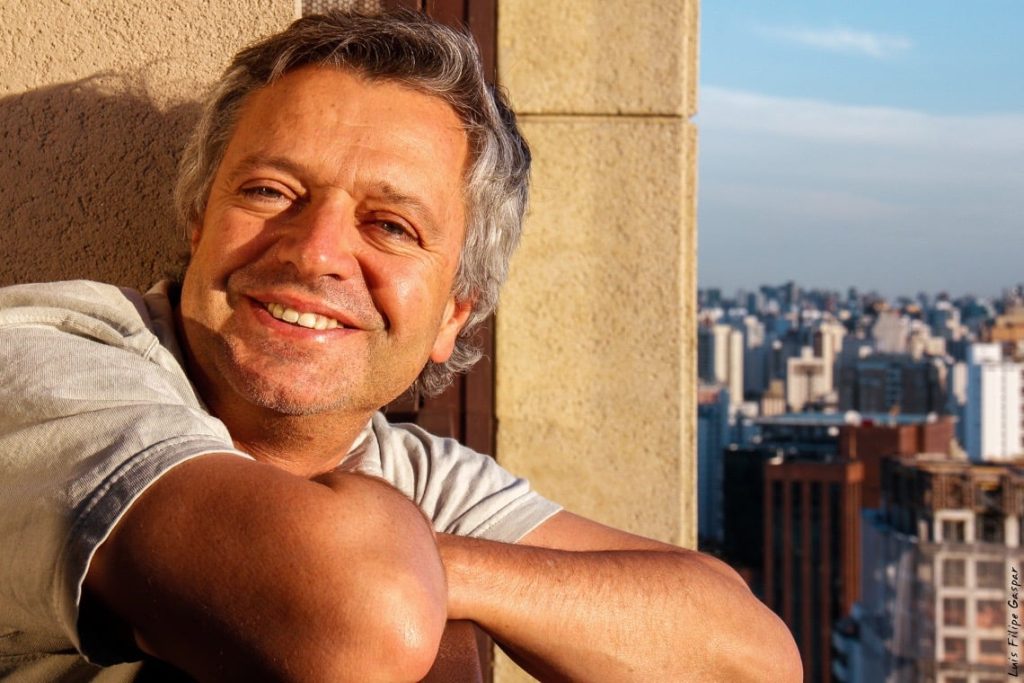
We made it to our signature question. If you could invite any 4 people, dead or alive, to a dinner party, who would it be and why?
There are many people I admire and with whom it would certainly be a pleasure to dine, but I think I can list four dinners that would leave me with my heart full. The first of these would be with my parents. Unfortunately, my father is no longer with us and to be reunited at the table with him and my mother would be wonderful. It was with them that I made my first trips and that I felt that I was really very happy travelling. They started by telling me places to see, and then I started telling them, and that was very curious.
Another important person on this road I have been travelling was José Megre, now deceased, and it would also be very interesting to see him again. José Megre was a Portuguese cross-country racer who travelled about a million kilometres by car on expeditions to all continents. He knew all the countries recognized by the UN, with the exception of Iraq. We met, by mere chance, twice around the world.
The first time was on the ferry between Guyana and Suriname in 2006, and we talked about this dream we shared of travelling the world. It was he who made me realize that, with 74 countries (which were the ones I knew at the time), I still didn’t know practically anything and who, in essence, guided me to take important steps from then on, namely to join travel clubs (he referred me to Most Travelled People, at the time), so that I could be more methodical in the trips to be made and the goals to be achieved.
Two other people I can mention here are the writers’ Bruce Chatwin and Paul Theroux. Bruce Chatwin for the books he wrote about Patagonia, which is one of those places in the world that I find really enchanting, and Paul Theroux, for being, like me, a lover of trains. I have taken almost every known train route, several times, and it always gives me great pleasure to travel on rails.
